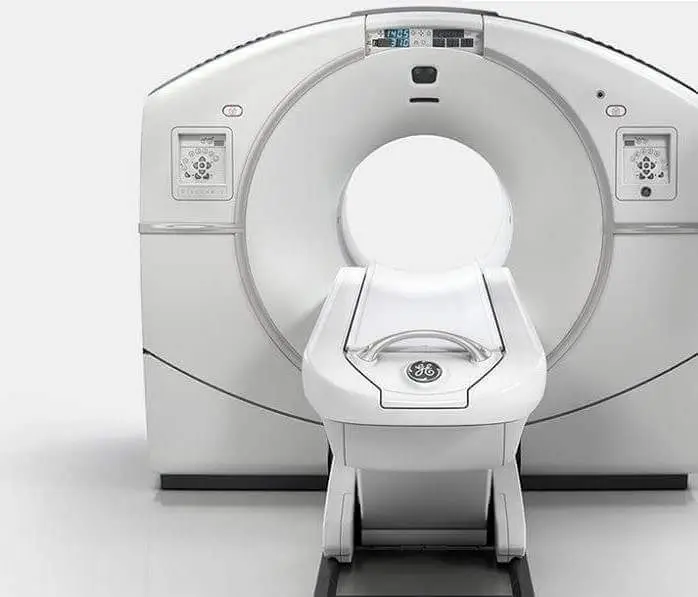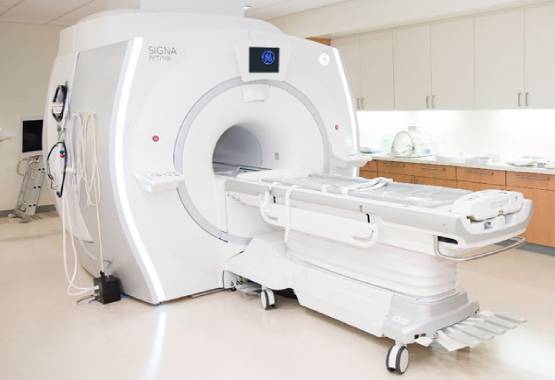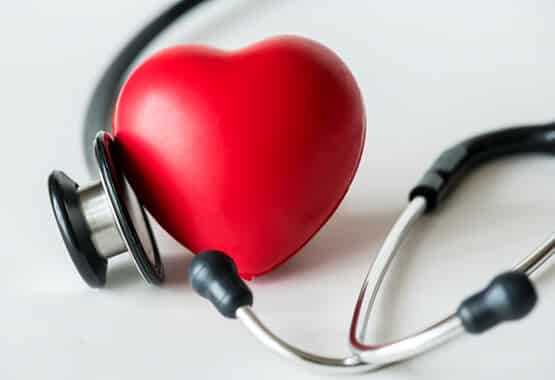Best Diagnostic Center in Chandigarh for All Medical Imaging Needs
As the leading diagnostic imaging center in Chandigarh, we provide comprehensive radiology services including MRI, CT Scan, PET-CT, Ultrasound, X-ray, Echocardiography, ECG, and EEG. Our state-of-the-art facilities are equipped with the latest diagnostic technology to deliver accurate results for patients across Chandigarh, Mohali, and Panchkula.
Why Choose Our Diagnostic Services in Chandigarh?
- Advanced technology with 1.5T and 3.0T MRI scanners
- Most affordable rates for all diagnostic tests in Chandigarh Tricity
- Same-day reporting by specialized radiologists
- Conveniently located centers across Chandigarh
- Complimentary pick and drop services for patients
- Open 7 days a week including holidays
Visit our centers in Sector 34, Sector 22, or Sector 17 Chandigarh for the best diagnostic experience. Book your appointment today for high-quality, affordable diagnostic services in Chandigarh.
Which is better – A CT Scan or an MRI Scan?
Of course, an MRI, or Magnetic Resonance Imaging, is an advanced medical technology and stands out over a CT or Computed Tomography Scan in terms of its benefits & popularity in medicine! But I would like to leave it to you & your doctor to decide!
CT Scan & MRI Scan has multiple differences, but your doctor is likely to use both! It is simply because both serve to assess your internal body structures & functions and trace abnormalities & diseases. Each has a different process & uses a different technique to culminate the internal body imaging!
While one is faster, the other is more detailed! While one is cheap, the other is safer! While one can be harmful to unborn babies, the other can pose a threat to those patients having metallic implants in the body, like a pacemaker or metallic plate for your joint!
Yes. Both have their advantages and disadvantages that enable them to set an edge over one another!
Do you want to know how a CT Scan or an MRI stands better than one another? Then, please do not hesitate to read below!
What is an MRI scan & What is a CT Scan?
An MRI scan is one where strong magnetic fields and radio waves lay used to activate our body protons & receive signals from them. Thereupon, screening the internal body imaging on the monitor!
During this diagnostic process, when you lie on the moveable bed or table and go inside the donut-like semi-enclosed MRI tube, with hands by your side and head straight up, eyes closed, & ear plugs installed, the MRI magnets start their action. The constant magnetic resonance alongside the radio frequencies bounces off the fat & water molecules inside your body; the radio waves get translated into an image of the body part you sought the diagnosis of!
Alas! Some incredibly rough banging & clanking sounds exist & are unavoidable. The MRI machine is extremely loud!
An MRI scan can show any of your body parts but is typically used for –
- Brain & Spinal Cord,
- Blood Vessels,
- Bones & Soft Tissues
- Joints & Nerves,
- Heart, and
- Breast!
Your doctor may also recommend an MRI scan for assessing your internal organs like –
- Liver & Bile Ducts,
- Stomach, Kidneys, & Bladder,
- Pancreas,
- Intestines,
- Ovaries & Uterus (in women), and
- Prostate (in men)!
There are different types of MRI, depending on the area of assessment, such as – 1) Brain MRI, 2) Cardiac MRI, 3) An MRI of Joints & Bones, 4) Chest MRI, 5) Whole-body MRI, and so forth! In fact, MRI test varies in terms of sequencing techniques; it may be a FLAIR or Fluid Attenuated Inversion Recovery Technique, a technique where structural abnormalities appear bright but your cerebrospinal fluid lay darker, or it may be a T1-WEIGHTED Technique where your fat tissues appear bright! It can also be a T2 Weighted Technique where structures containing water get highlighted in the image, or a STIR or Short tau Inversion Recovery Technique where muscles and fats lay differentiated with color contrast in the imaging!
Whereas,
A CT Scan is one where large X-Ray machines lay used to collect a series of X-Ray images from different angles around the body and produce them on the computer screen in the form of 3-dimensional images.
During a CT scan, you have to lie on a moveable table that moves into the scanner; the detectors & X-Ray tube rotate around you; the cradle attached to the table holds your head still & you may hear buzzing or whizzing noise during each rotation. You must not panic; instead, take deep breaths to limit anxiety from setting in!
A CT Scan can help detect tumors & inflammation, injuries & infections, and many more diseases & disorders, but most commonly used for –
- Bone Fractures,
- Internal Bleeding in your Kidney, Stomach, Bladder, Intestine, or others,
- Liver & Pancreas related disorders,
- A problem in the adrenal gland,
- Appendicitis & Bowel Wall Thickening,
- Crohn’s Disease, and
- Spleen Damage.
Besides,
It is that test that stands well-suited to assess health problems quickly!
And,
It possesses multifold usage, from assessing muscles & bone disorders to monitoring the effectiveness of a joint replacement surgery or maybe cancer treatment, from pinpointing the location of the tumor to guide radiation therapy or biopsy, and so forth!
CT scans are also various, depending on the area of examination again! There lay Abdominal CT scans, Pelvis CT scans, CT scan Neck, CT Scan Bones, CT Angiography, and so on! There are likewise different CT scan techniques, such as Double-contrast or Spiral, Electric Beam Tomography, or CT Perfusion Imaging.
What are the Advantages & Disadvantages of CT Scan & MRI Scan?
The advantages of MRI scans are as follows!
- It involves no radiation & therefore safe; free from risks & complications.
- It is a non-invasive procedure and lay conducted on an outpatient basis.
- It offers accurate & detailed imaging and can even help differentiate the different types of tissues, organs, & fluids. Clarity is more than any other imaging test!
- It can be the best method to see & trace the growth of an unborn baby and cannot disrupt the pregnancy in any way!
The advantages of CT scans are as follows!
- It is a faster process, involving only 15 minutes or so, and does not require a hospital stay.
- It does not involve invasion and is out of the risk of internal bleeding or damage due to it. No cuts, no wear & tear in your body!
- It is cheap & affordable to all; it serves in immediate diagnosis; simultaneously compatible with large people who may not fit in a traditional MRI tube!
- A CT scan is used both as a diagnostic & treatment technique.
- A CT scan is less noisy in comparison to an MRI. You will not feel irritated & discomfort during a CT scan.
The disadvantages of MRI scans are as follows!
- An MRI scan is too loud & noisy and is sometimes problematic for claustrophobic patients because of the semi-enclosed space inside the tube.
- An MRI scan can be longer than you expect. It may take even 90 minutes if necessary.
- An MRI is too expensive because of its maintenance cost & availability.
- People having metallic implants cannot undertake this test because of risk.
- If contrast dye or sedatives lay used, an MRI scan can leave side effects like nausea, fatigue, headache, dizziness, chills & fever, etc. They are not the effect of MRI magnets but the due or sedative.
The disadvantages of CT scans are as follows!
- It involves ionizing radiation. And therefore, it may bring forth health complications. Precisely why it can become harmful to an unborn baby and not suitable for pregnant women. This is also why doctors do not recommend a CT scan to children.
- It may fail to detect the disease you have because it is not as detailed as an MRI scan.
- If sedatives lay used or a contrast dye is, you may witness some side effects like fever or vomiting, fatigue & headache, and allergic reactions, just like you may have in an MRI scan.
Conclusion:
So, What do you think? Which test is better, according to you? An MRI Scan or A CT scan? A scan that takes longer or a scan that involves radiation? A cheap scan or a more detailed scan? book at us www.mrichandigarh.com
Let us know in the comments below!






